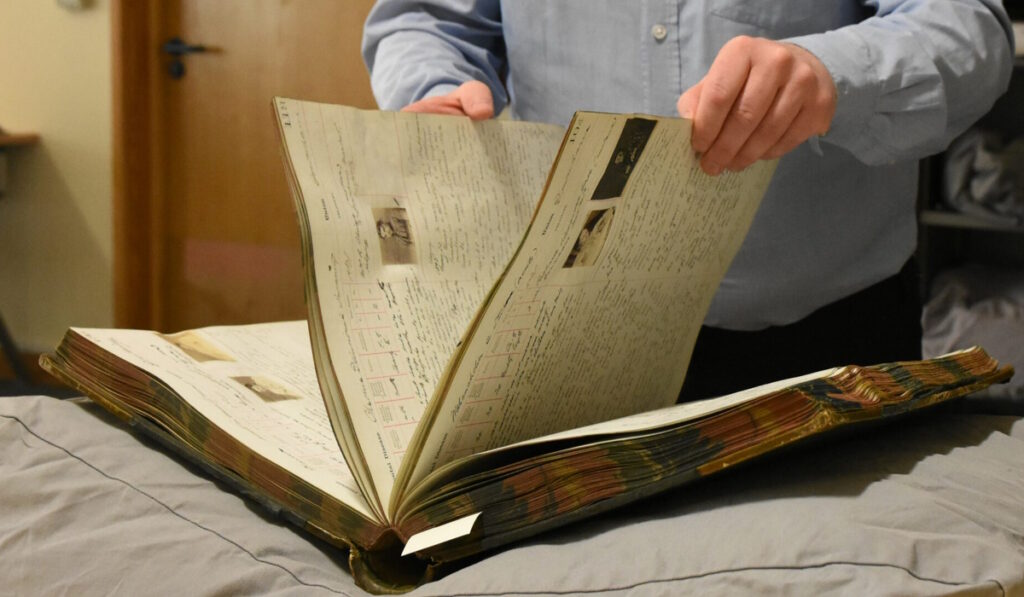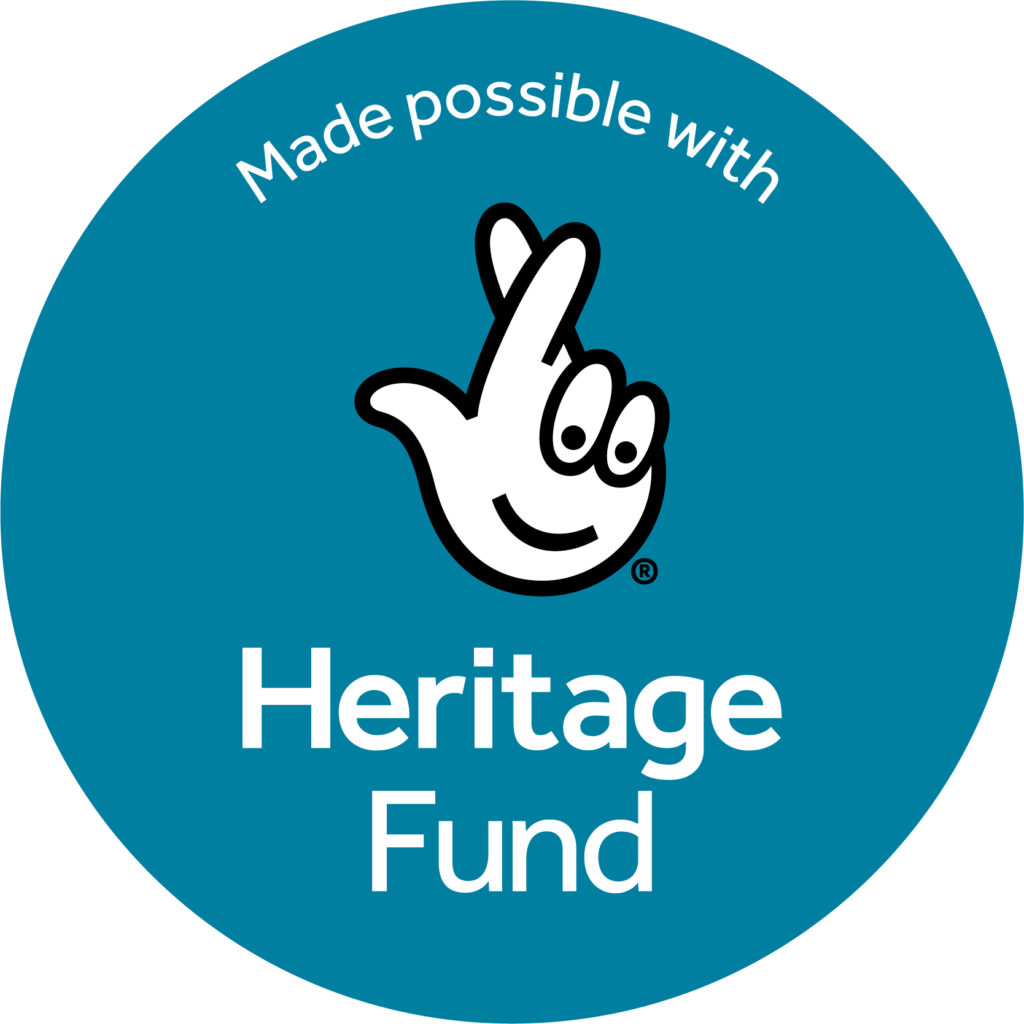Why Change Minds?

Explore, imagine and share tales of living with mental health challenges, in the past and today.
Change Minds is a culture therapy programme that involves people living with or recovering from mental health issues in a fascinating journey of learning, creativity and thinking about mental health in the past and today.
Wherever you live, there will probably be a record of life in the local mental health hospital during the 19th and early 20th century. These records are housed in local archives, and they relate to institutions which were then known as County Asylums, or Lunatic Asylums. People were sent to these institutions in the days before modern mental health services. Although there were many instances of poor treatment, many other people had good care and were discharged as ‘recovered.’
As a member of Change Minds you will be part of a shared experience of exploring historical mental health records from over one hundred years ago along with archivists, artists and writers. The team that runs Change Minds includes service users, participants from previous projects, researchers, and health practitioners,
You can also participate in the evaluation element of this programme in confidence through questionnaire and conversations, as we try to understand the impact and value of Change Minds.
What is a Change Minds project?
Change Minds projects are run by archives services in partnership with local mental health providers. The project consists of 12 workshops that will introduce you to archives and the records they contain, enable you to carry out historical research, and give you the opportunity to develop a creative response to your research.
Who can join a Change Minds project?
Change Minds is open to people who are living with or recovering from mental health issues. You may be accessing mental health services, or you could be in touch with a local mental health recovery college. You may be using a social prescribing service through your GP, or through a local community Link worker. You may be on the waiting list for these services. You may decide to find out about Change Minds independently.
Where does Change Minds happen?
Most workshops are held at a UK archive service in your local area. You will also have the opportunity to go on a trip to a relevant historical site.
What will I be doing?
You will join a group of up to 12 participants, along with archivists, artists, volunteers and support workers, for 12 workshops, taking up to three hours each.
In the first six workshops you investigate historical records of an asylum in your local area. Historically, these institutions were the mental health hospitals of their day. You choose an individual patient to focus on, someone who was discharged as ‘Recovered’.
Using historic documents from asylums, workhouses, schools, churches and censuses, you follow them through time by researching what their life was like before, during and after they were a patient in the asylum.
After a visit to a historical site connected to the asylum, your imagination will be stimulated by art and creative writing workshops. These are an opportunity to explore your response to what you have learned about your individual patient, and how that connects to your own experience of living with mental health issues.
Finally, you celebrate your journey in a showcase of your group’s research and creative work. This might be a pop-up exhibition, a pamphlet, or a performance. That’s up to you and your group. You will receive a certificate marking your participation.
How much does it cost?
Change Minds is free for participants and carers. That includes your travel and refreshment as well as any materials.
What support is provided?
Change Minds is led by a Project Coordinator, who supports you with the help of other staff and volunteers. You can come with a carer or support worker if that will help you enjoy the project.
Your Project Coordinator will provide information on when, where and how often the group will meet. They can help with travel arrangements, or with online access if you are joining an online project.
If you feel unwell and cannot attend, the coordinator will keep in touch until you can come again. You can leave at any time – it will not affect the care you receive from your mental health provider.
Does Change Minds improve mental health and wellbeing?
We think so, because evidence we have been gathering since 2016 indicates that people feel better after they have been part of Change Minds, including longer term. We ask participants to help us learn from your experience by taking part in our evaluation programme so that we can keep improving the project, and make it available to more people.
What is the evaluation programme?
The evaluation looks at how well Change Minds works as a community history and wellbeing project. It involves questionnaires and conversations at the beginning and end of Change Minds. If you decide not to take part in the evaluation, you can still come to the Change Minds workshops.
How can I be sure that my confidentiality is protected?
Change Minds operates within a strict data protection and confidentiality framework. This follows national laws and ensures your personal data will be kept securely and not shared with anyone outside of the Change Minds evaluation team. Any data used in reports will be fully anonymised. You will be asked for your consent for photography, filming and social media, as well as for evaluation. If you don’t want to consent then you will still be able to take part in the programme.
What if I have a complaint?
If you are unhappy about something to do with Change Minds, please get in touch with the Change Minds Hub team.
What happens at the end of Change Minds?
You can keep in touch through a Change Minds private social media group, and you can join The Restoration Trust’s regular online meetings. The project team can advise you if you would like to move on to volunteering or working in heritage.
How do I get involved, or find out more?
Talk to your Support Worker or Inclusion Coach and they will give you more details about how to join a local Change Minds project. Alternatively you can register your interest here.

